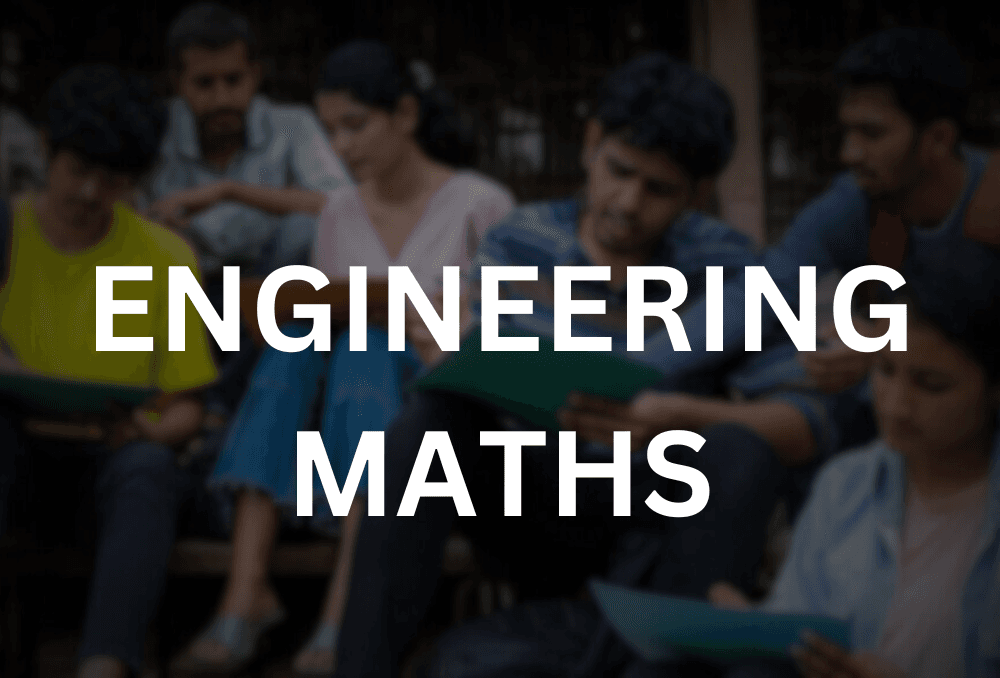B.Tech Engineering Mathematics (KTU)

This comprehensive course is designed for engineering students at APJ Abdul Kalam Technological University. It consolidates mathematical topics taught across different semesters, including calculus, linear algebra, vector calculus, differential equations, transforms, probability, statistics and numerical methods . The course emphasises problem‑solving skills and applications in engineering disciplines.
Course Overview:
Course Overview: Engineering mathematics is essential for all B.Tech branches. Topics such as calculus, algebra and probability provide the foundation for subjects like mechanics, electronics, civil engineering and computer science. This course brings together the core mathematical subjects that KTU students encounter throughout their studies. By mastering these topics, learners will improve their analytical abilities and be better prepared for university exams and professional applications.
Curriculum:
Calculus and Linear Algebra – limits, continuity, differentiation, integration, matrix operations, systems of linear equations, eigenvalues and eigenvectors Vector Calculus and Differential Equations – gradient, divergence, curl, multiple integrals, ordinary differential equations, partial differential equations Transforms and Complex Analysis – Laplace and Fourier transforms, Z‑transforms, series solutions, complex numbers and analytic functions Probability and Statistics – random variables, probability distributions, statistical measures, hypothesis testing and regression Numerical Methods – numerical solutions of equations, interpolation, numerical integration and differentiation, numerical solutions of differential equations Course Features: Live and recorded lectures for flexible learning Detailed notes and worked examples for each topic Practice quizzes and problem sets with step‑by‑step solutions Doubt clearing sessions and peer discussion forums
Study Tips and Exam Preparation:
Attend lectures regularly and review notes soon after each class. Work through practice problems to understand the methods rather than memorising formulas. For calculus and differential equations, practise step‑by‑step derivations. Use past university question papers to familiarise yourself with the exam pattern. For probability and statistics, focus on interpreting problems and applying the correct distribution. Allocate time each week to revise earlier topics and to integrate concepts across subjects.